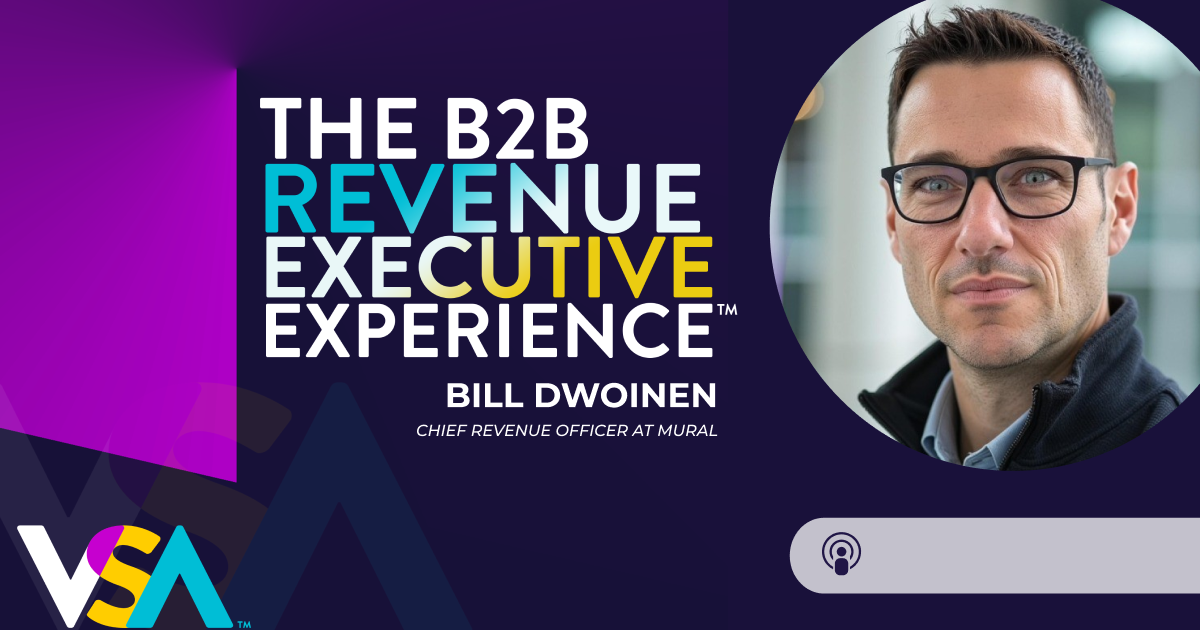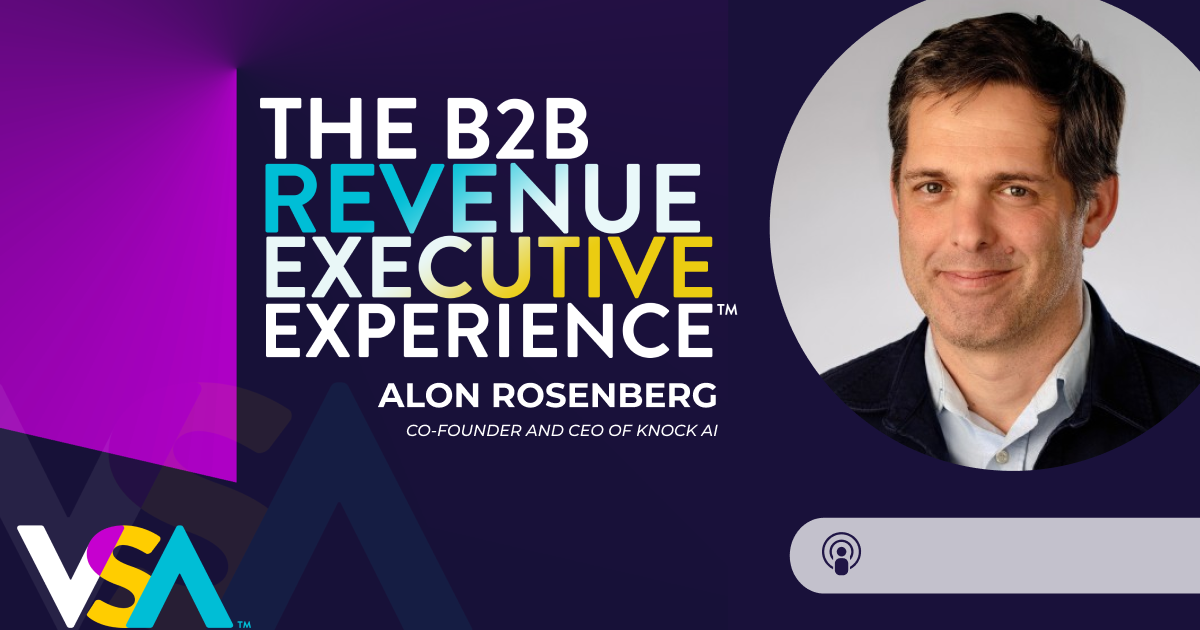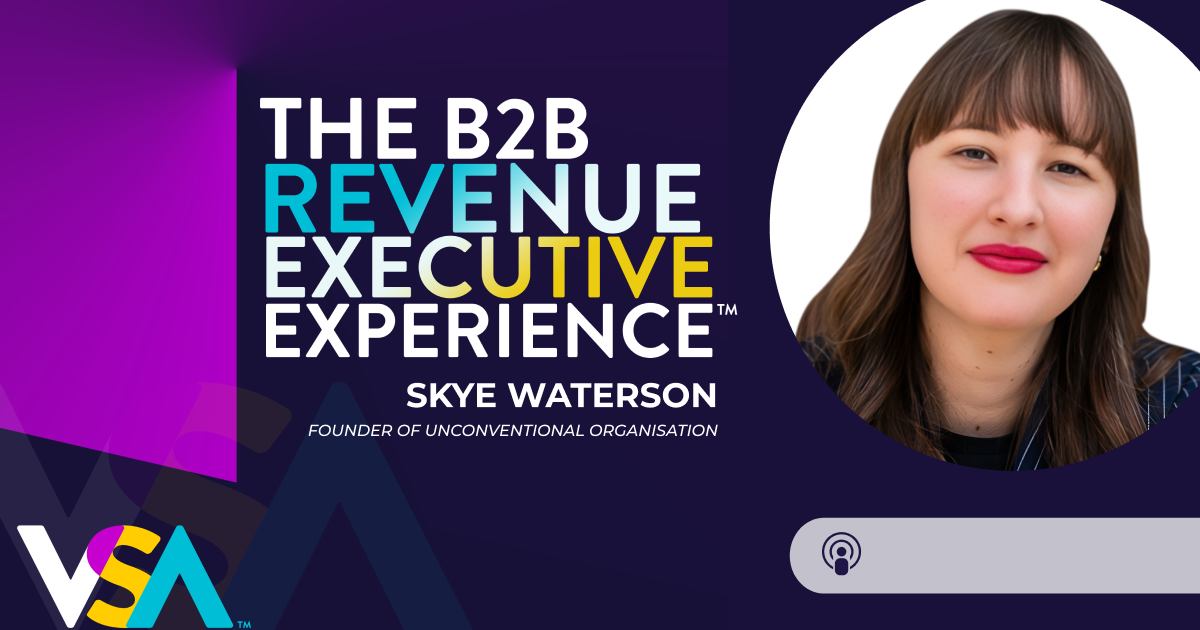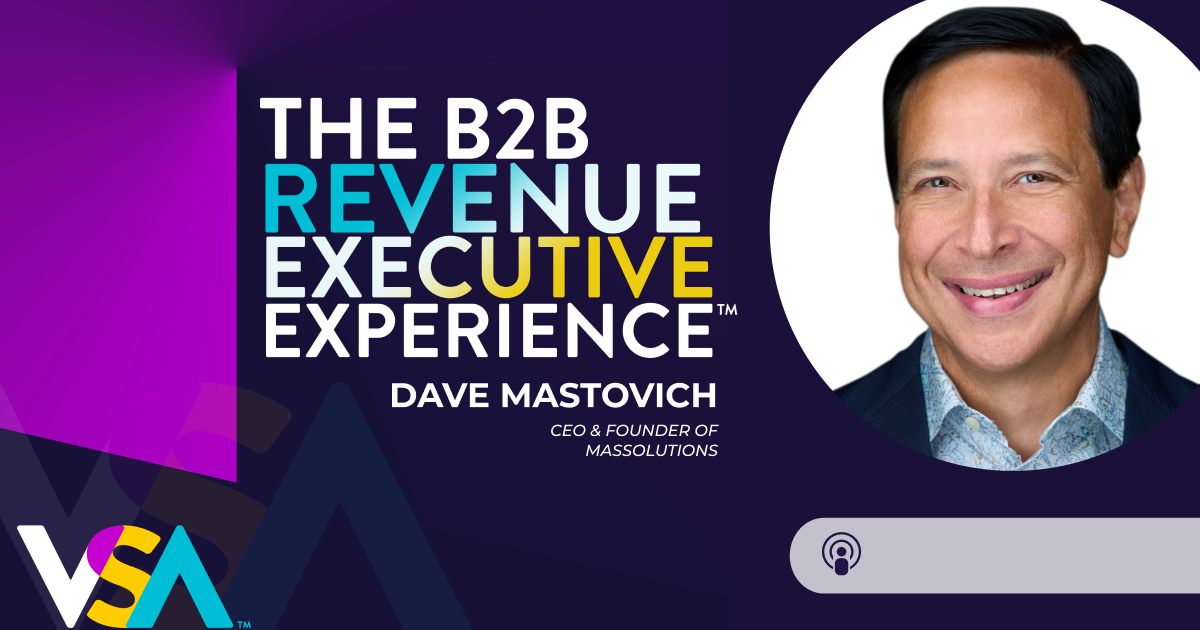How to Craft a Truly Data-Driven Culture

– Subscribe to the Podcast or Write a Review: –
Stitcher – Google Podcasts – TuneIn – Apple Podcasts
You’ve recently purchased some fancy tech that promises to capture all of the data you need to make better business decisions. The problem is, only the IT guys know how to use it — and, frankly, they don’t know anything about driving revenue when compared to your sales team. So, now that technology is just money thrown down the drain, right? Well, what if you could get both teams working together in a truly data-driven culture?
That’s exactly what Nick Amabile, CEO at DAS42, is here to do; he is an expert on the correct way to integrate data into your organization. He joined the show to discuss the role of data in your organization and what it truly means to have a data-driven culture.
The role data should play in your organization
Businesses have always understood data’s importance to their prosperity: It emboldens teams to make smarter decisions based on business history. Then why the sudden surge of discussion about data?
Many large organizations are still using manual processes to understand their data, raising the risk of human error and conflicts.
Imagine a company has two teams collecting data that come up with different findings. Now, instead of discussing ways to utilize that data collectively, the two teams have to spend time finding out why they aren’t receiving the same results.
By automating data collection, a company can save time on correction and spend more time utilizing the data to its full potential.
“There’s nothing wrong with spreadsheets, but manual processes are prone to error and are taking a lot of time away from high-value analysis.“
Nick Amabile, CEO at DAS42
What it means to have a data-driven culture
Once a business has removed that risk of error with data reporting through automation, the focus must shift to the more challenging aspect of creating a data-driven culture — connecting the siloed teams within the business so that everyone understands the data.
Steps to removing silos:
- Centralize the data to keep it fresh and accessible to everyone.
- Standardize definitions so that everyone shares a common language.
- Educate frontline teams, such as sales and marketing, so that everyone besides IT has an equal understanding of data.
Staying ahead of the curve with real-time data
Understanding data’s integral role and enabling all business teams to use real-time data to influence decisions should be the top priority of any business looking to increase revenue and customer experience.
Otherwise, a business will fall behind as they continue to process their data manually and debate over data collection discrepancies.
Now that you understand the role data should play in your organization, are you ready to learn why sales enablement 3.0 matters or finally figure out how to bring up challenges at work? Check out the full list of episodes: The B2B Revenue Executive Experience.
Explore More









